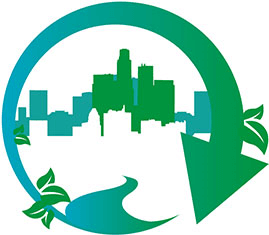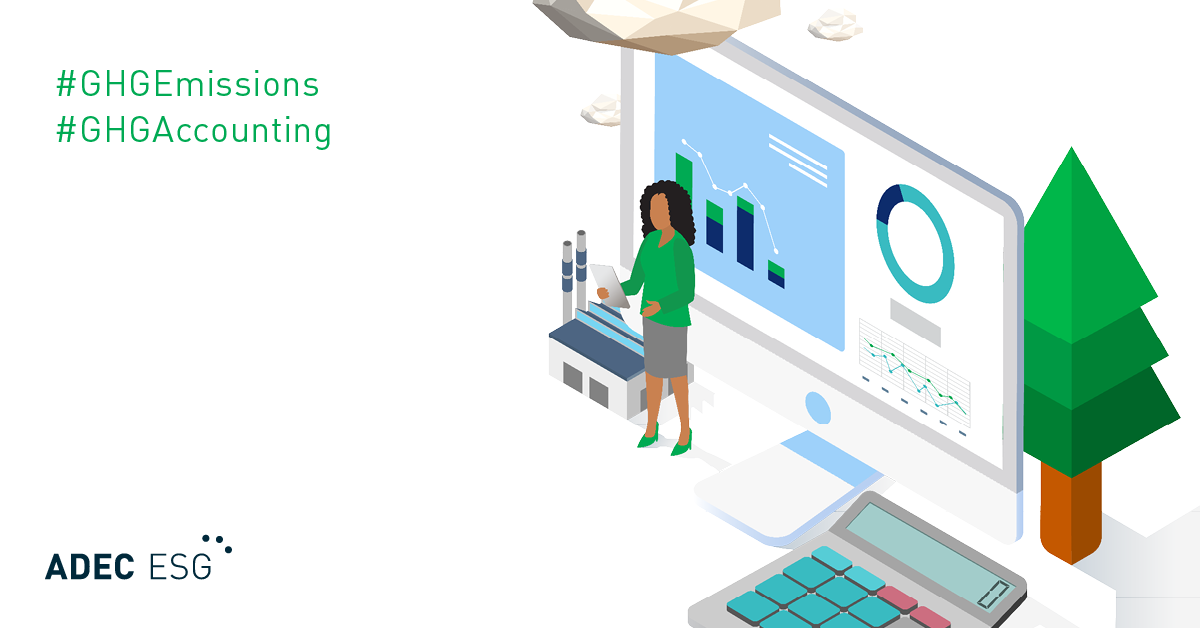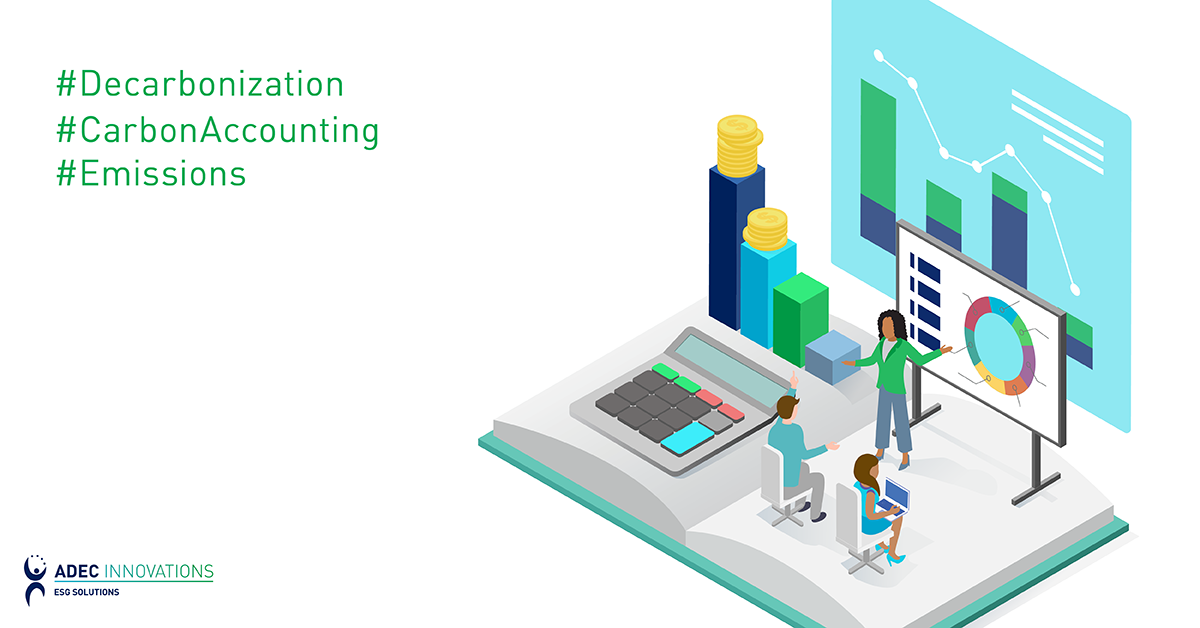
Supply chains are essential components in every organization, as they provide the basic building blocks that allow us to produce and deliver our products and services. Whether you’re a global organization or a small business trying to meet market demand for the upcoming holidays, or show the world that you are a good corporate citizen, successfully understanding and working with your supply chain is important. And understanding the sustainability of your supply chain and all the trade-offs inherent is a dynamic that is here to stay.
In today’s world, the management of carbon, whether you are a true believer or not in climate change, is a good example of how sustainability has become an essential component of business. Everywhere you turn there is some mention of carbon management. Take the past few weeks for example.
Climate Change and Carbon Management: Recent Activities
We have the President of the United States noting, in his first press conference since the election, that climate change is a concern that the United States is taking seriously. Then we have the release of the Carbon Disclosure Project (CDP) Supply Chain Report 2012 – A New Era: Supplier Management in the Low-Carbon Economy. And just a short time before this, we saw and are now experiencing the devastating effects of one storm event, Sandy, and its effects – which include hampering or even devastating businesses that are essential components of a number of local and global supply chains.
Carbon Is Not the Only Thing to Manage
Managing carbon is just one of many aspects of sustainability. What about water, waste, toxic materials, & natural resources? Understanding the environmental impacts across your organization’s supply chain is imperative. Careful analysis of all trade-offs throughout a supply chain is critical in order to ensure overall success.
In reality, it’s actually quite rare that everything aligns perfectly so that you can reduce or mitigate everything throughout a supply chain. In fact, most companies today are realizing that when it comes to optimizing supply chain operations, trade-offs are often the norm, not the exception.
There is an increasing need for companies to assess, evaluate and optimize their supply chain operations in order to reduce their carbon footprint, avoid disruptions from climate-related events, and meet the growing requirements from governments and customers. In fact, the marketplace (customers and shareholders) likes green businesses, and optimized supply chains with smaller environmental footprints are more efficient, less costly, and less likely to experience sudden changes in their supply chains – from increases in energy and fuel prices to limited supplies of critical raw materials.
Focus on Detecting Inefficiencies Across Your Supply Chains
Identifying, tracking and managing the sustainability of supply chains is essential to optimization efforts, with the primary goal being of detecting inefficiencies in fuel, electricity and water consumption and then correcting those inefficiencies to help eliminate waste and reduce costs. In addition, companies can more-efficiently meet various reporting requirements that can affect their success in a number of geographies.
Monitoring and reducing a company’s environmental footprint also makes good business sense. Not only does it help eliminate waste and reduce costs internally, it can also help companies choose more efficient business partners and better-mitigate risks caused by sudden changes in essential business components such as energy and fuel prices.
Heightened public awareness of the relationship between business and the environment in recent years is also creating opportunities for companies. By communicating sustainability objectives and accomplishments, a company can improve its sales or attract new investors. But again, executives must be careful to understand their entire operations – including the supply chain – so they can accurately and transparently report the environmental benefits of their products or services.
Check tomorrow’s blog for Part 2 of this article.

Learn more about how FirstCarbon Solutions can help you to evaluate and optimize your supply chain operations through a Life Cycle Assessment Consultation, and ultimately improve your environmental footprint.




